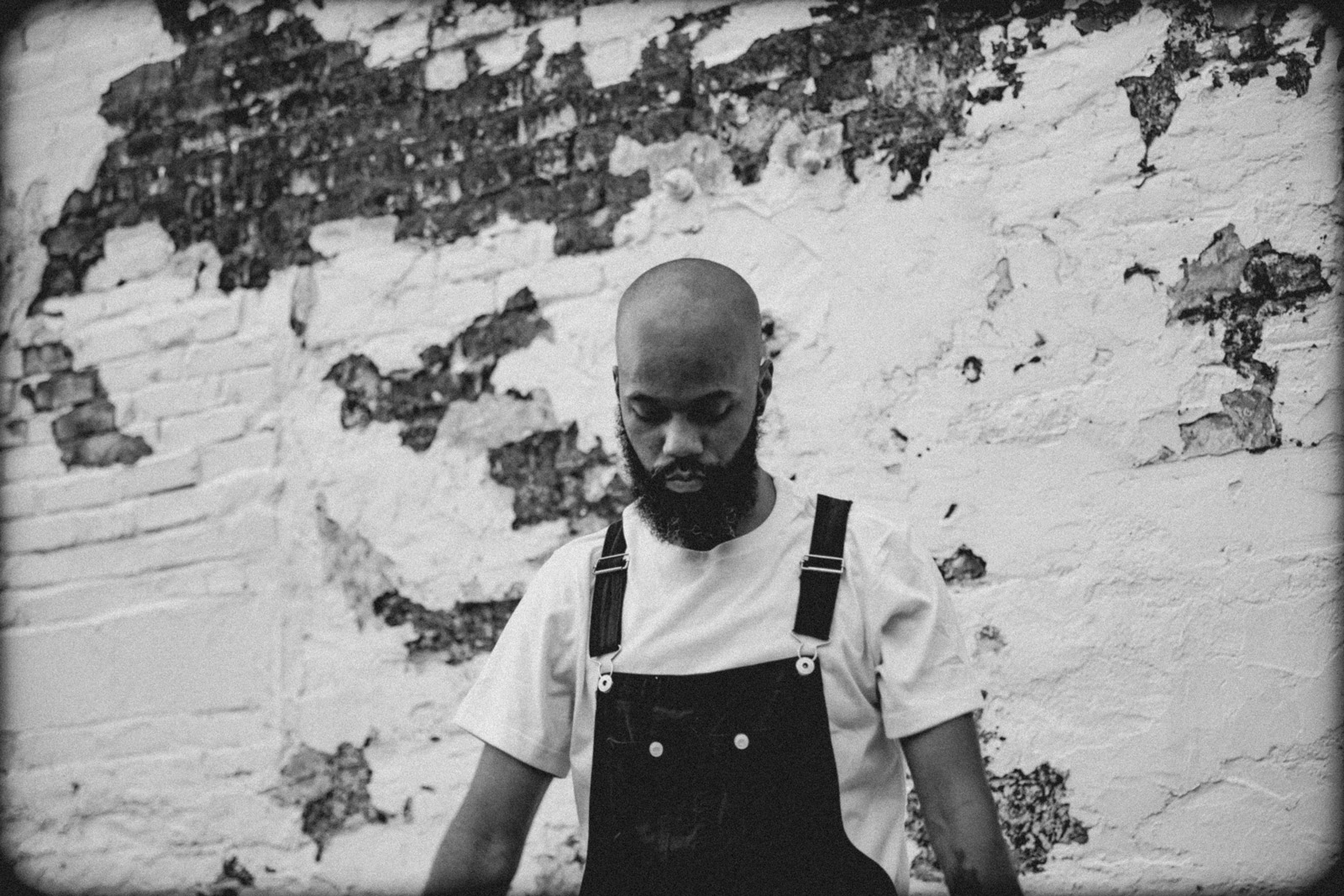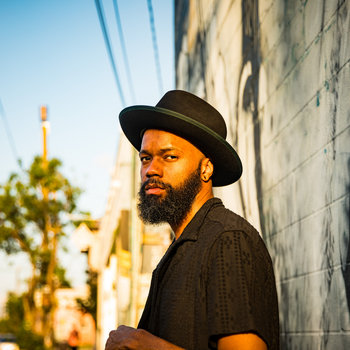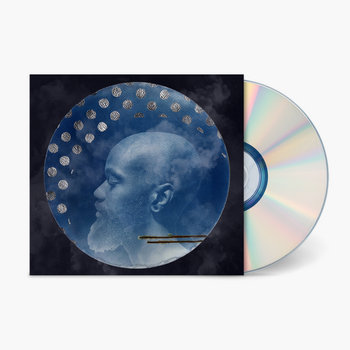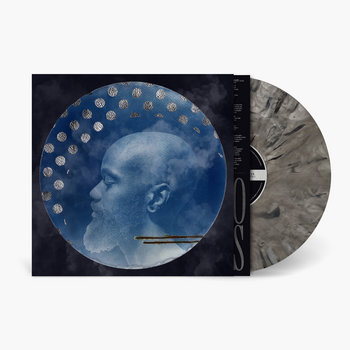 Photo by Samer Ghani
Photo by Samer Ghani
Asked about Black people’s relationship to the blues today, singer, songwriter, and guitarist Buffalo Nichols points to the opening of Black on Both Sides, the 1997 debut album by Yasiin Bey—formerly known as Mos Def—to articulate his opinion. “On Black on Both Sides, there’s the intro where he says ‘People are always asking me “Where’s hip-hop going?” Or, “What’s the state of hip-hop?” And I always tell them, however we’re doing, that’s how-hip hop is doing.’”
That Nichols would draw this comparison makes sense. Historically, the blues has been a tool for Black folks to reckon with the cruelty and isolation of life in America. At some point, Black people had to develop systems through which to process our pain, and the blues emerged—and not just in the stylistic mechanics of a flatted fifth in a scale or a 12-bar chord progression, but as a sentiment to be tapped into and expressed. The blues is not simply a genre as much as a musical reflection of the emotional timbre of Black America.




Compact Disc (CD), Vinyl LP


On his latest album The Fatalist, Nichols displays his mastery of both the form and function of the blues. Nichols’s vocal performances are animated by a rawness and deep intimacy that is palpable. The album’s production acts as a bridge between the blues and contemporary hip-hop, with Nichols bringing in electronic drums on songs like “You’re Gonna Need Somebody on Your Bond” and “The Long Journey Home.” But Nichols doesn’t see the album’s production as a “fusion” of hip-hop in the blues—it’s more of a natural extension of his music-making background. “One of my first instruments was the SP-404 [portable sampler, manufactured by Roland],” he says. “I’ve been doing that almost as long as I’ve been playing guitar. I’ve been messing with the two for so long that it’s about taking two influences and creating something new with it. I didn’t really have to force it. It was more difficult for me to keep them separate really for so long”
The album’s opener “Cold Black Stare” was the result of this sonic experimentation, and its lyrics would resonate in any era. For Nichols, the man with “the cold black stare” is evil personified. But this man isn’t a specter or some abstraction. He’s an oppressor made of flesh and blood, robbing the people of housing, food, and their very sanity. “There’s a reason why your children will be hungry tonight/ What do you think it is?/ The man in the shadows with the cold black stare/ He’s taking all the food and leaving nothing for you.”


Compact Disc (CD), Vinyl LP


The blues has always been used for political commentary. Black folks in America sing the blues not because we’re just sad and heartbroken; there are broader systemic dynamics that put these songs in their full context. “When you hear a blues song and somebody’s talking about “hard rock for a pillow, cold ground for my bed,” they’re not just like sitting there describing their situation. They’re saying ‘I’m getting beat down by capitalism and white supremacy.’” Nichols explains.
Much like the blues that came before it, there’s a world of pain, desire, and outrage folded into each song on The Fatalist. Being Black and speaking the truth has never been particularly safe or profitable. And even when a Black artist does gain traction playing this music, they’re likely met by majority white audiences. For Buffalo Nichols, this contradiction is more of an annoyance than a deterrent. He still holds out hope that the blues can continue to act as a sounding board for a range of Black folk’s deepest thoughts and emotions. “That’s the beauty of the blues is you can take so many complex thoughts and the more simple you can make it, the better it is,” he says. “My dream is for blues to continue to be this representation of Blackness but when I look out at the current state of it, it is just not. It doesn’t discourage me. It just makes me feel like, you know: Somebody’s gotta do it.”







